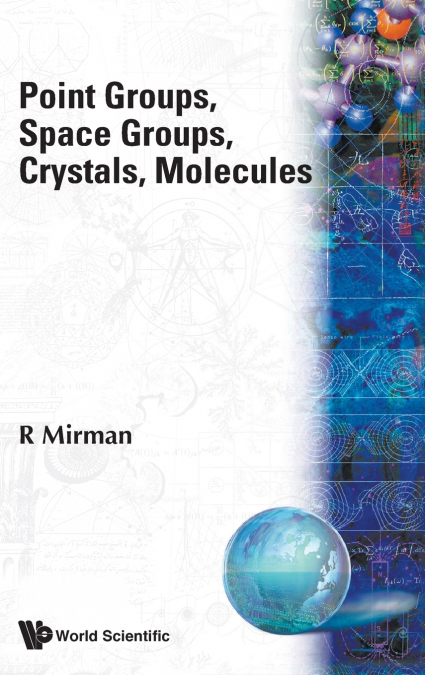
R MIRMAN
This book is by far the most comprehensive treatment of point and space groups, and their meaning and applications. Its completeness makes it especially useful as a text, since it gives the instructor the flexibility to best fit the class and goals. The instructor, not the author, decides what is in the course. And it is the prime book for reference, as material is much more likely to be found in it than in any other book; it also provides detailed guides to other sources.Much of what is taught is folklore, things everyone knows are true, but (almost?) no one knows why, or has seen proofs, justifications, rationales or explanations. (Why are there 14 Bravais lattices, and why these? Are the reasons geometrical, conventional or both? What determines the Wigner-Seitz cells? How do they affect the number of Bravais lattices? Why are symmetry groups relevant to molecules whose vibrations make them unsymmetrical? And so on). Here these analyses are given, interrelated, and in-depth. The understanding so obtained gives a strong foundation for application and extension. Assumptions and restrictions are not merely made explicit, but also emphasized.In order to provide so much information, details and examples, and ways of helping readers learn and understand, the book contains many topics found nowhere else, or only in obscure articles from the distant past. The treatment is (often completely) different from those elsewhere. At least in the explanations, and usually in many other ways, the book is completely new and fresh. It is designed to inform, educate and make the reader think. It strongly emphasizes understanding.The book can be used at many levels, by many different classes of readers - from those who merely want brief explanations (perhaps just of terminology), who just want to skim, to those who wish the most thorough understanding.